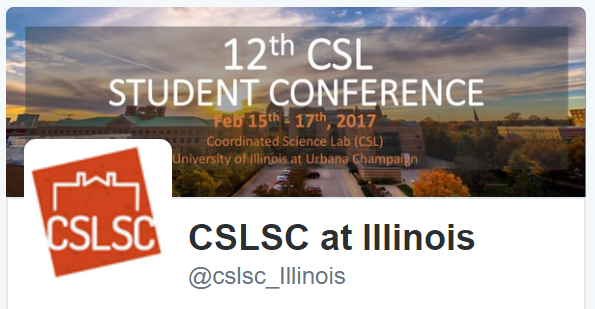Machine Learning and Signal Processing
Machine learning and signal processing, though usually considered as two separate fields of study, have shown much intercorrelation and have positively impacted each other over the past few decades. Tools and concepts in signal processing, such as signal sparsity, have helped the design of more efficient machine learning algorithms. The development of new machine learning algorithms, such as deep learning, has in turn made it possible to realize many signal processing applications that were considered difficult with traditional approaches. The theme of this session is thus to present research ideas from either machine learning or signal processing, or a combination of the two fields. We welcome all research works related to (but not limited to) the following areas: deep learning, neural networks, statistical inference, computer vision, natural language processing, image processing, pattern recognition, biomedical and genomic signal processing, information-theoretic signal processing, etc.
Speakers
Keynote Speaker
Prof. Richard Baraniuk, Rice University
A Probabilistic Theory of Deep Learning
Panel Discussion
Learning to Beat Humans at Their Own Game
Prof. Richard Baraniuk
Prof. Yoram Bresler
Prof. Minh Do
Invited Student Speaker
Wei Yu, Carnegie Mellon University
AdaDelay: Delay Adaptive Distributed Stochastic Optimization
UIUC Student Speakers
Haizi Yu, MUS-ROVER: A Self-Learning System for Music Compositional Rules
Weihao Gao, Breaking the Bandwidth Barrier: Geometrical Adaptive Entropy Estimation
Yuan-Ting Hu, Unsupervised Video Segmentation: Exploring Spatio-temporal Pixel Relationship
Hyung-Jin Yoon, Regression of Human Physiological Arousal Induced by Flying Robots Using Deep Recurrent Neural Networks
Yuan-Ting Hu won the Best Student Talk award for this session, and was awarded with Amazon gift card.
Sponsored by




